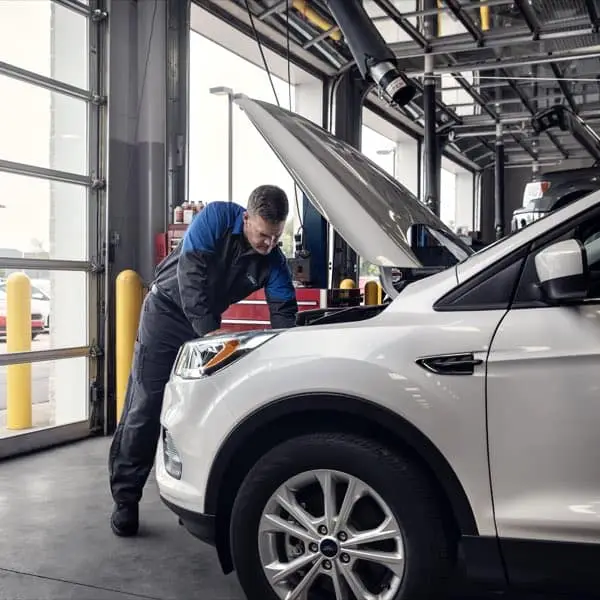When it comes to getting behind the wheel of a new Ford, one of the first questions you'll face is whether to choose a lease or ownership. Both options serve different needs, and your decision hinges on your lifestyle, money matters, and automotive strategy. In this article, we'll compare the key differences between Ford’s financing choices, to assist you in your decision-making.
Leasing a Ford: The Benefits
Leasing a Ford SUV can be a great way to drive if you prefer having the latest features or if you want affordable installments. Here are some of the top benefits of leasing:
- Lower Monthly Payments: Lease payments are generally easier to manage than loan payments, making it easier to get more features for less.
- New Car Every Few Years: Leasing offers access to a new car every 2 to 3 years without worrying about wear and tear repairs.
- Minimal Maintenance Costs: Since most leases last for a shorter term, the car will likely still be under manufacturer protection, reducing financial surprises.
- Flexible End of Lease Options: At the end of your lease, it's up to you to own your Ford, upgrade to a different Ford, or simply move on.
Buying a Ford: The Benefits
Buying a Ford SUV might be a better decision if you’re looking for complete autonomy and the freedom to make modifications. Let’s take a look at the advantages of buying a Ford:
- Ownership: When you buy a Ford, it belongs to you. You can drive it for as long as it runs, which makes buying a great choice for those who favor stability.
- No Mileage Limits: When you buy, you don’t have to worry about mileage limits, which is ideal if you tend to commute daily. Going over mileage in a lease can be expensive, but buying eliminates that concern.
- Unlimited Customization: Owning allows you to tailor it to your liking however you like, whether it’s enhancing the audio system.
- Build Equity: When you buy, your payments contribute to ownership. Once the loan is paid off, the vehicle is yours free and clear, which gives you the flexibility to use it as you please.
Key Differences Between Leasing and Buying
While both leasing and buying offer distinct advantages, there are a few critical differences to keep in mind:
- Upfront Costs: When leasing, the initial payment is usually lower, with fewer costs due at signing. However, when buying, your down payment may be higher, especially if you’re financing the vehicle.
- Long-Term Commitment: Buying requires a long-term financial commitment, whereas leasing typically spans a shorter term, allowing for more flexibility in vehicle choice.
- End of Term: With leasing, you’ll need to return the vehicle at the end of the lease term, but when you buy, the car is yours to keep, sell, or trade in at any time.


